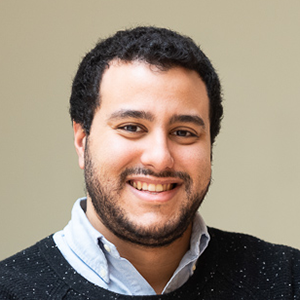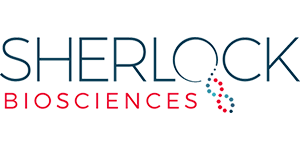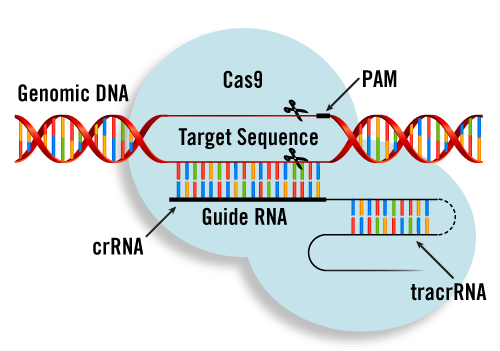Biography
Omar Abudayyeh’s laboratory at MIT focuses on exploring microbial diversity for new biotechnological tools related to genome editing and gene delivery. He co-led the discovery and characterization of multiple landmark pieces of work, including uncovering novel CRISPR enzymes beyond Cas9 for biotechnological applications like the SHERLOCK technology for CRISPR diagnostics and a new set of tools for precise editing of transcripts and visualizing them in mammalian cells for RNA therapeutics. He previously was at Harvard Medical School and the Harvard-MIT Health Sciences and Technology program as a graduate student. He completed his doctoral work in Feng Zhang’s lab at the Broad Institute of MIT and Harvard. In recognition of his technology developments, Dr. Abudayyeh was recognized as 2018 Forbes 30 under 30 in Science and Health Care and Business Insider 30 under 30. Dr. Abudayyeh graduated from MIT in 2012 with a B.S. in mechanical engineering and biological engineering, where he was a Henry Ford II Scholar and a Barry M. Goldwater Scholar.
Emerging Therapeutics Showcase:
Sherlock Biosciences
Sherlock’s diagnostic tests can be used in many applications and settings. We intend to leverage this versatility, and work with partners to develop, validate and commercialize tests for clinical and non-clinical settings and with diverse applications.
Session Abstract – PMWC 2020 Silicon Valley
The PMWC 2020 Emerging Therapeutics Showcase will provide a 15-minute time slot for selected companies and researchers in the CRISPR, Cell and Gene Therapy fields. Major advancements in safer cell- and gene-level editing technologies are bringing us closer toward cures for life-threatening disorders, from cancer to HIV to Huntington’s disease. Cell therapy, in which cellular material such as T cells capable of fighting cancer cells, is injected into a patient, has been demonstrated safe and effective. The popular new CRISPR tool that has been used to edit the genetic code of nearly any organism will have an enormous impact on human health. More than a dozen clinical trials employing CRISPR on human cells are already underway.









